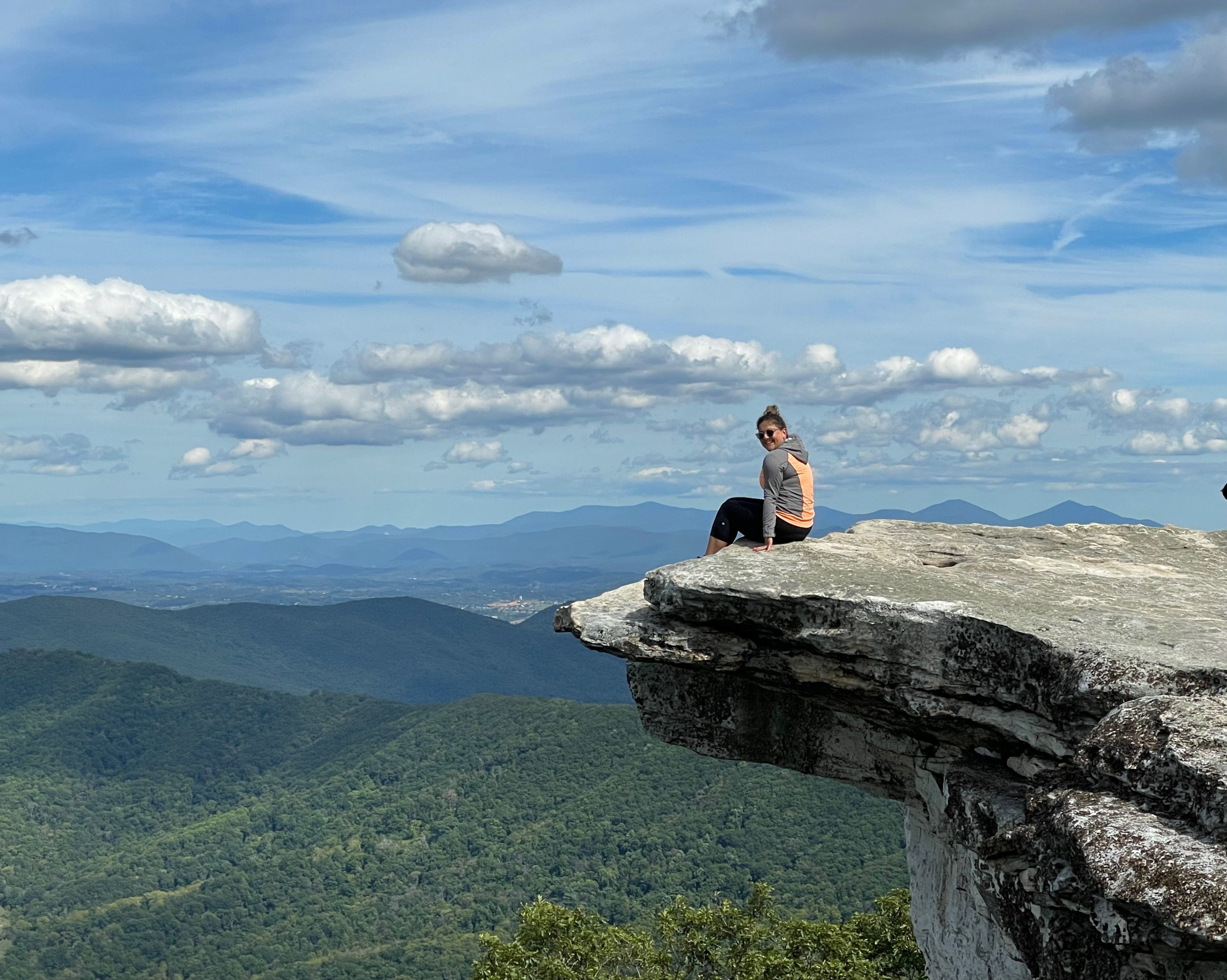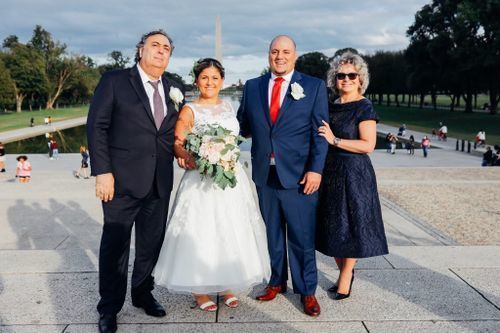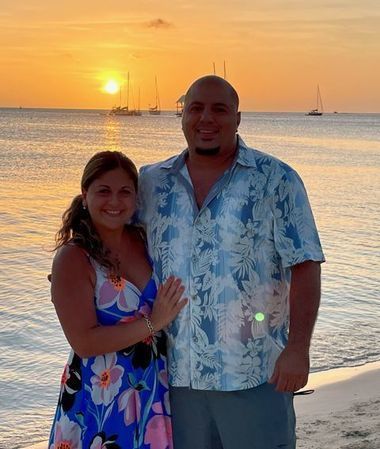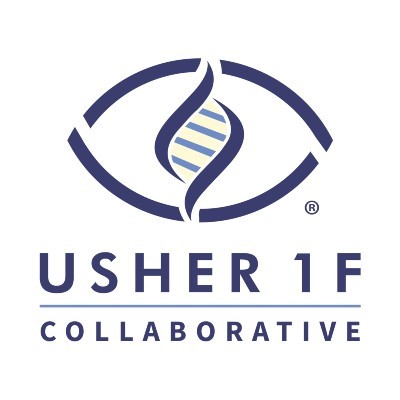
I was born in Moscow, Russia, moving to New York when I was nine, attending the Lexington School for the Deaf, then a mainstream school, followed by Gallaudet University. Currently, I work as a publishing specialist at the Internal Revenue Service.
I love my life. I am very grateful that I have my career, a wonderful husband, parents and family. I am living life to the fullest, refusing to let my disabilities form barriers. I have traveled all over the world, including solo travel to Austria and Italy. In Iceland, despite poor balance, I walked more than eight miles at a glacier national park. My husband and I love adventure, hiking, riding horses, chasing the sunset, going to the beach, snowshoeing, and have spent a month backpacking across Europe. We want to go to Antarctica one day and skydive in New Zealand. Nothing is impossible.
I learned in fifth grade that I have a problem with my vision. When I tried playing flag football, I tripped because I didn't see another student sitting on the floor. The coach suggested that I not play, leaving me feeling different because I was unable to play sports with the other students. I never understood why I was not like the others. I am a social butterfly, always wanting to socialize. Yet, during basketball and volleyball tournaments, I was left out, feeling resentful and embarrassed. During middle school, other students made fun of me. I couldn't understand why I was different from my peers. I finally understood in high school that I am living with Usher Syndrome. Although I was so scared and depressed, when I went to Gallaudet University, I met many students living with Usher Syndrome and felt less alone. It changed my thinking in a positive way.
Growing up in both the hearing and deaf world, I find communication very important. My native language is Russian. I communi-cate orally with my parents and family, using my lipreading skills that depend on my eyes. Our communication has been very effective because of my good vision until now. I am very close with my parents. However, if my vision declines, I will be isolated in a dark place.
American Sign Language (ASL) is my third language. This language has a unique and visual expression. I communicate in ASL with my husband. My vision must be good so that I can visually perceive hands, body language and facial expressions. My vision allows me to socialize with people. I am afraid that my vision will worsen, causing me to lose my social life, as well as communication with my parents, husband, family, and friends. I don't want to be isolated in a dark place, losing so much that is meaningful to me.

Anna and her husband Max with her parents on her wedding day
Over time, I have noticed change. For instance, I remember when I was young I was able to communicate with large groups successfully, but now I have a hard time catching every word in large groups, which frustrates me. That I have no choice but to communicate in small groups is very upsetting, as well as challenging for me. I am tired of missing information or asking people to repeat what they said. When I was young, I was able to walk independently at nighttime. Now, having to depend on people for help means losing my independence, asking my husband, parents, family, and friends for help. Since I am unable to see down stairs, I always need to ask my husband, parents, family and friends for help. When I look down stairs, I cannot see the division between the steps because it looks flat. This is my biggest and most upsetting daily challenge.
In addition, I am fed up with trying to find small things like pens, pencils and pins when they fall on the floor. My legs are always bruised from bumping into people or things that I can’t see. Although I am very outgoing, I am hindered from attending events at night because I can’t see in the dark.
I can see my vision changing over time, including when I have tried lipreading my parents, finding it not as clear as I used to. The blurriness requires extra work to focus. I’d like to have a conversation with my husband in bed, but it is not that possible because of my vision. I have no choice but to touch his hand and use tactile sign. Navigating streets, stairs, and unfamiliar places necessitated my getting a white cane to stay safe. Why do I have to use a cane and struggle to communicate, especially with those I love?

Anna and Max in Aruba at sunset
Traveling all over the world, seeing buildings and nature, beaches and sunsets, experiencing new cultures, and meeting new people is so important to me. In order to do this, I depend so much on my eyes. I am utterly afraid not be able to see sites when I travel and to be left out of new experiences. Hiking and climbing mountains, using two poles to help me with balance when climbing rocks and steps, necessitates using my vision to see these obstacles.
My passions require my eyes. Someday, I would love to have children and watch them grow up. I do not want to get frustrated and have to adjust to communicate with my husband, family, and friends when my vision fades. This is definitely a cruel disease that threatens so many things I love to see and do in my life, living life to the fullest, enjoying adventures. I choose happiness in life. I desperately want to find a cure that saves my vision.
